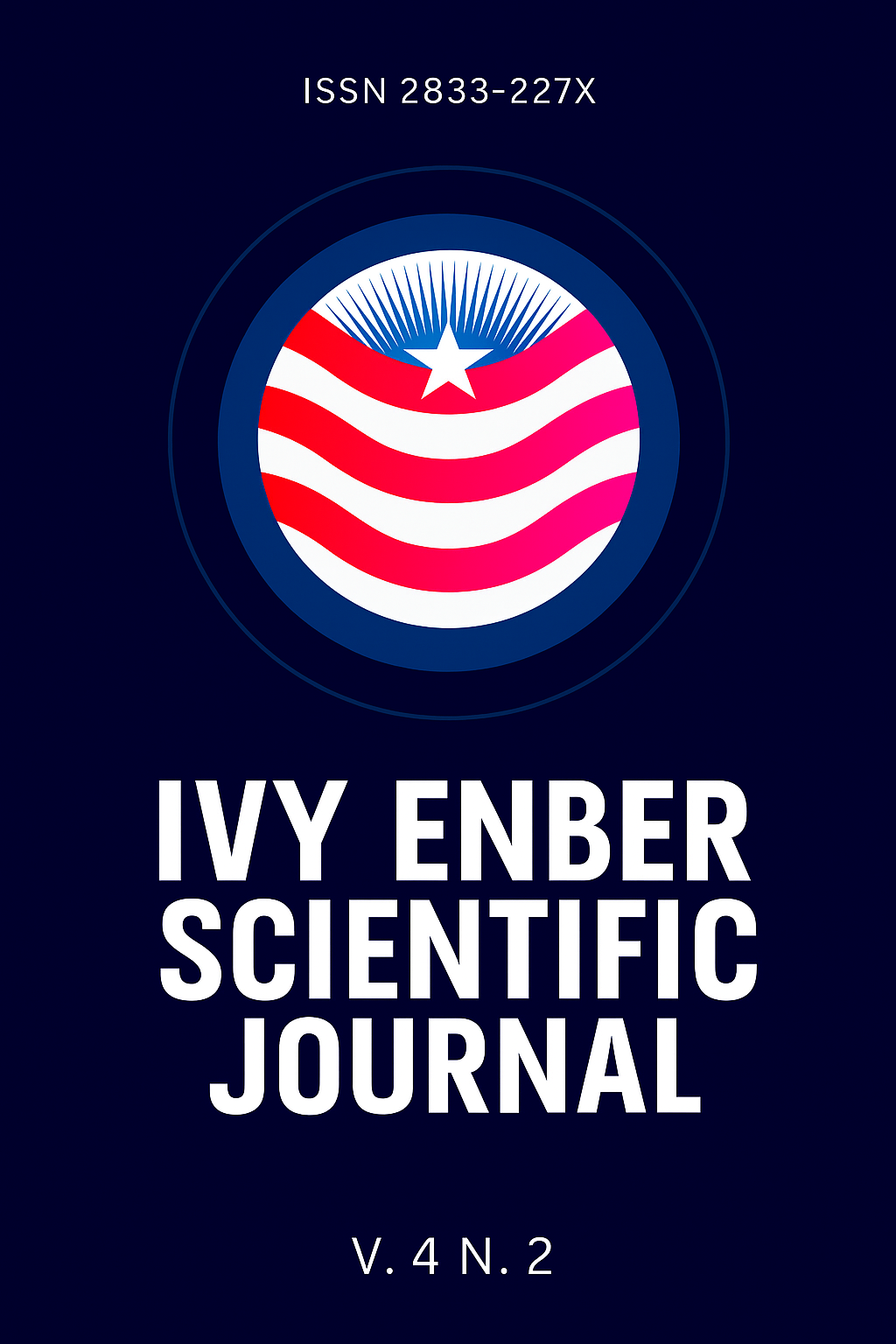THE EDUCATOR'S VIEW ON ORGANIZING SPATIAL ARRANGEMENTS IN EARLY CHILDHOOD
Keywords:
content analysis, official documents Rio Claro/SP, organization of school space, early childhood, early childhood educationAbstract
This article records the results of a master's degree research, which has as its object of study the 'Organization of school spaces' in formal education, more specifically in early childhood. The analysis took place in the official documents of the municipality of Rio Claro/SP, which have guidelines and orientations with a view to enhancing the integral development of children. This study is justified by considering it necessary for educators to reflect critically and pedagogically on the arrangement of spaces and teaching materials, aiming to guarantee an education that considers the specificities of the child's being. Observing children's interactions offers valuable perspectives for adapting lived experiences. At the same time, ongoing assessment checks the progress and effectiveness of educational practices. The article also highlights the role of educators as mediators and facilitators of the teaching-learning process, to develop children's autonomy and protagonist. The research found that the organization of space, in early childhood, gains visibility in the official documents of Rio Claro/SP, with pedagogical intention, through careful and systematic planning of the arrangement of furniture, creation of areas of interest, themed places, incorporation of elements natural resources and adoption of sustainable practices. Finally, the need to ensure adequate working conditions and continued training for educators is highlighted to provide high-quality educational environments and promote the development of skills and competencies in early childhood.’





